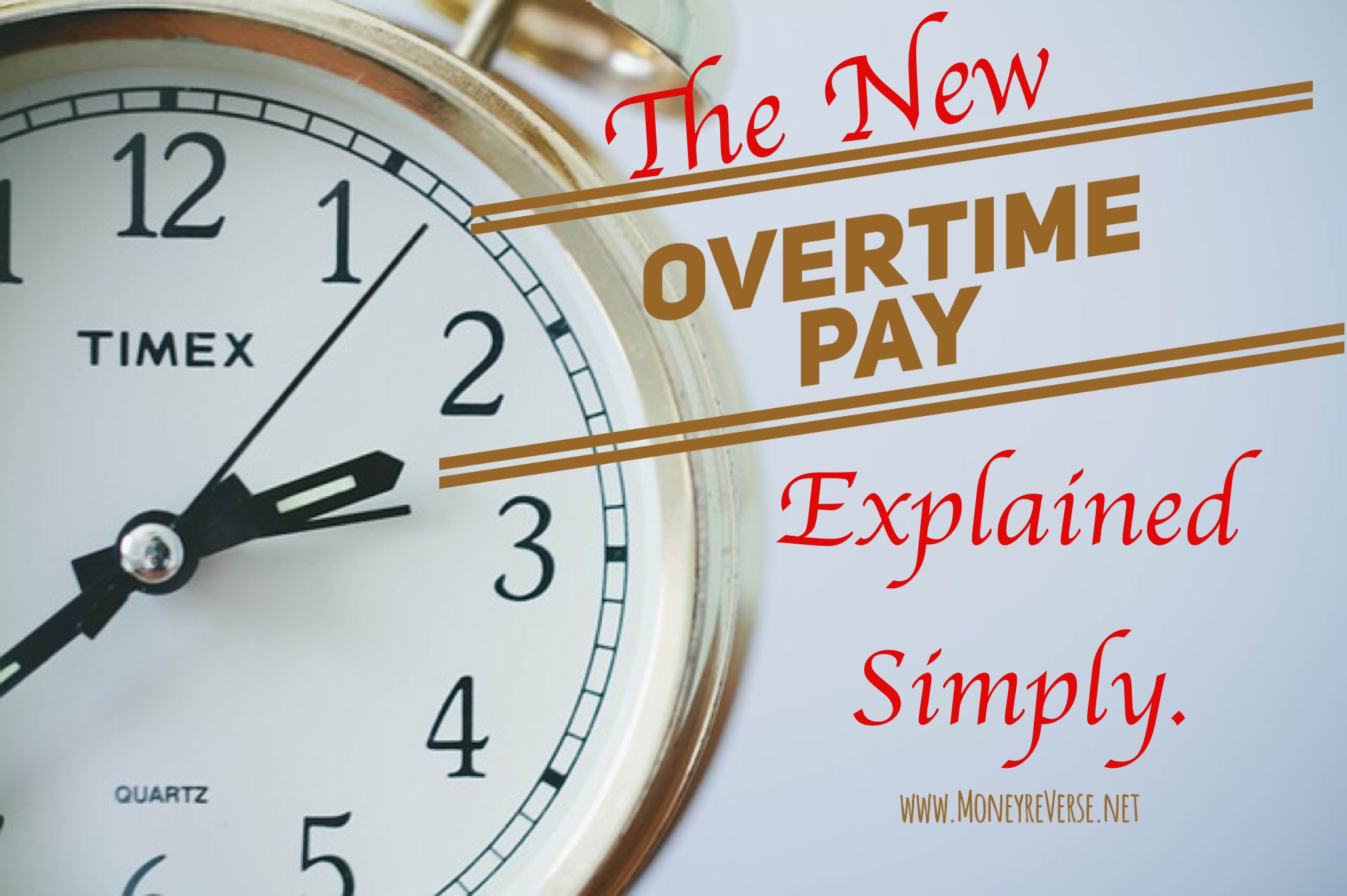
Overtime pay is defined by the US Department of Labor (DOL) as being one and one-half times the current regular hourly pay for an employee.
Effective December 1, 2016 there are new rules for how eligibility for overtime pay is determined for US employees as announced in May 2016 by the US DOL.
Before explaining what the changes are, let me create a scenario that will help to bring the effects of the ruling to life.
Meet Jake...
Meet Jake, a husband and father. Jake is employed by XYZ LLC as a carpenter and furniture delivery supervisor. Jake often works 50 hours a week to complete his required building and supervisory duties. Because Jake is considered a part of the management team, he is not eligible for overtime per XYZ HR guidelines. Jake’s salary is $32,100 annually. No matter how many hours Jake works, his company is not obligated to extend overtime pay to him.
Until December 1, 2016 the annual earnings threshold for the overtime pay mandate is $23,660. What this means is that anyone that earns below $23,660 annually is required to be compensated with overtime pay regardless of their positon or title. Earning above this threshold takes an individual out of the mandated overtime pay as noted by the Department of Labor. It is also common for employees that are in managerial, administrative or professional roles to also be exempt or ineligible for overtime pay. Some employers have policies to also extend overtime pay to employees in these groups even though it is not mandated by the DOL.
The New Overtime Pay Rules
The new Department of Labor overtime pay rules will raise the overtime annual salary eligibility from $23,660 to $47,476. Under this new ruling that goes in effect December 1, 2016 Jake will be eligible for overtime pay (one plus one-half times regular pay) for any hours over 40 in one week. Jake becomes eligible for overtime since his annual salary is below the new $47,476 threshold. Jake and others like him will see additional money in their paycheck if they work beyond 40 hours in a single work week going forward.
There are employers that are increasing the salary base for some employees to exceed the $47,476 annual base so that the overtime pay exemption remains. Not a bad thing for employees that meet this criteria! In multiple ways, this ruling creates a potential for an increase to the household income for many US workers.
Three key points of the new Department of Labor Overtime Pay rules:
- Employees earning less than $47,476/year are eligible for overtime pay for work contributed beyond 40 hours in a single workweek. Overtime pay is equal to one and one-half times the current regular pay. The earnings threshold for this eligibility before this 2016 ruling is $23,660/year.
- The effective date for this change is December 1, 2016.
- The earnings threshold for overtime pay eligibility will increase automatically every three years. The next increase is planned for the year 2020.
Overtime Pay Oppositions
There have been oppositions raised to this overtime pay rule change by 21 of our 50 states. These states are suing the Obama administration for overstepping their bounds by imposing fiscal mandates at the state level that could affect their budgets. Those states are Alabama, Arizona, Arkansas, Georgia, Indiana Iowa, Kansas, Kentucky, Louisiana, Maine, Michigan, Mississippi, Nebraska, Nevada, New Mexico, Ohio, Oklahoma, South Carolina, Texas, Utah and Wisconsin. I’m watching these activities and will report to you what comes of these efforts. I will also share more of my personal thouhts and views on this subject.
If you or someone that you know fits the profile of one that may be eligible for overtime pay as a result of this ruling, instruct them to seek information on this new DOL ruling and get information from their employer as needed. Direct any questions that you may have on the details of the ruling to me here as comments to this post. I'm here to assist!
Stay in the know!!
 Overtime pay is defined by the US Department of Labor (DOL) as being one and one-half times the current regular hourly pay for an employee.
Effective December 1, 2016 there are new rules for how eligibility for overtime pay is determined for US employees as announced in May 2016 by the US DOL.
Before explaining what the changes are, let me create a scenario that will help to bring the effects of the ruling to life.
Overtime pay is defined by the US Department of Labor (DOL) as being one and one-half times the current regular hourly pay for an employee.
Effective December 1, 2016 there are new rules for how eligibility for overtime pay is determined for US employees as announced in May 2016 by the US DOL.
Before explaining what the changes are, let me create a scenario that will help to bring the effects of the ruling to life.
